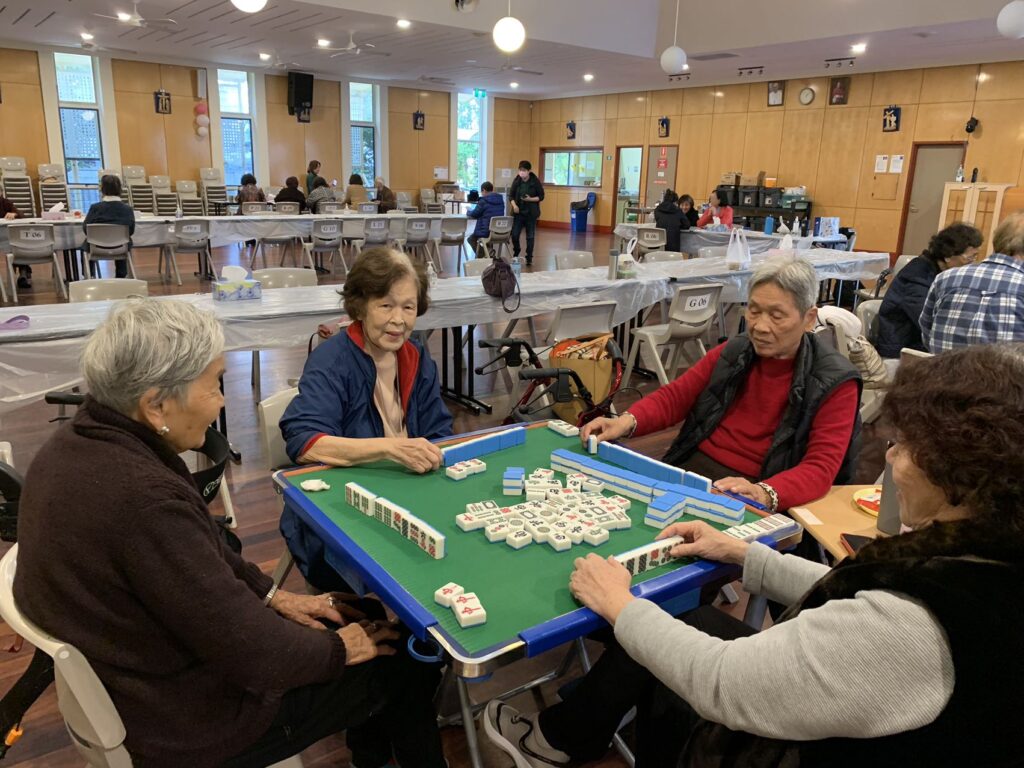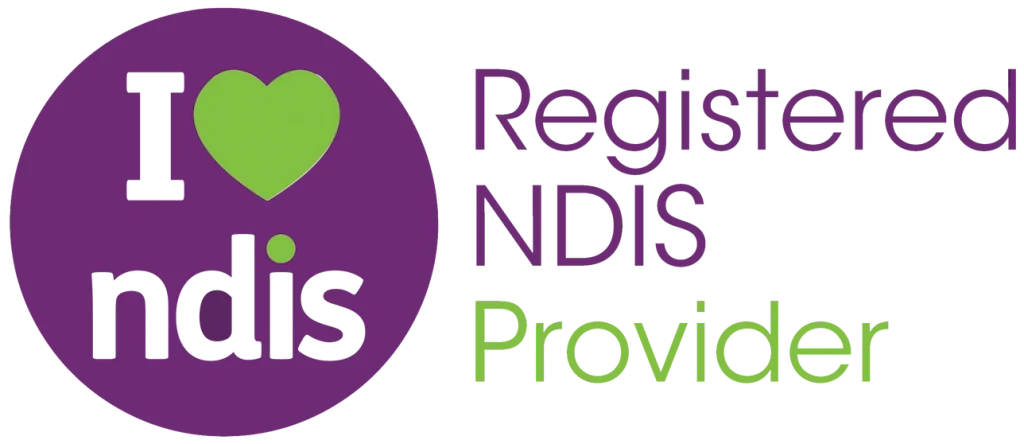Caring for somebody is more than just their physical needs; it’s about understanding them as they are. Multicultural care teams are in their element here. These teams provide support that feels personal, thoughtful, and respectful, by bringing carers together from diverse backgrounds.
Being able to communicate in an individual’s language can make a very big difference for many seniors who are receiving care. Today we’re going to look at how multicultural care teams do it and why they are such an essential element in today’s caregiving.
Why Culture and Language Matter in Care
Think about what it’s like to try to tell someone about your health problems who doesn’t speak your language or grasp your cultural background. Isn’t that frustrating and isolating? This is a reality for so many in care settings.
It will allow for trust to build naturally, and for communication to go smoother when care providers and their clients share a cultural or linguistic background. It’s about putting the best of care into place: seniors feel heard, respected, and valued.
Building Bridges with Multicultural Teams
Multicultural care teams provide cultural sensitivity around every interaction, while also bridging the language gap.
- Comfort Through Familiarity: Teams who share a native language or understand a specific cultural habit make their clients feel at home.
- Avoiding Misunderstandings: Sometimes confusion results due to cultural differences. An understanding and respect of these differences is what multicultural teams bring with them into smoother interactions.
- Celebrating Diversity: A care team that is diverse not only reflects the community but also serves it well. It makes clients and their culture feel valued and respected which can create trust and build a strong connection between them.
How Multicultural Teams Improve Health Outcomes
A caregiver and client relationship can be significant in how it affects the health outcomes. When seniors trust their caregivers, they’ll share their problems more easily and be more likely to follow their care plan.
Let’s say, for instance, that a senior person feels that they are being understood, and that they will be more likely to divulge things like what they eat, their diet, what medicine they take, or how they feel emotionally. This kind of open dialogue provides carers with an ideal opportunity to give more effective support.
A Day in the Life of a Multicultural Care Team
Let’s take a look at a typical day of multicultural care teams to understand their impact:
- Morning Check-Ins: A senior client is helped by a carer who speaks the native language (Cantonese) of the client, as he is able to chat with them in their native language to create a comforting start to the day.
- Chuẩn bị bữa ăn: The meal is prepared by another carer according to the cultural preferences of the client, to make meals that the client enjoys, while also being able to fill his or her nutritional requirements.
- Kết nối cộng đồng: In the afternoon the carer accompanies the client to a local cultural event so the client can stay connected to their community.

Multicultural teams do not provide merely assistance, they bless the lives of those they serve with this kind of personalized care.
The Role of Multicultural Teams in Building Trust
Trust is the most important when it comes to caregiving. As trust is evident in multicultural teams because of the respect to their clients’ languages, traditions, and beliefs. A strong foundation is created thanks to such trust that solidifies a meaningful relationship between everyone involved.
If clients are left feeling surprised and devalued, they’re less likely to engage with their caregivers and are less likely to participate in activities that improve their quality of life.
Why Families Appreciate Multicultural Care Teams
For many families, it’s comforting to know that their loved one is in the care of caregivers who really understand them. Caregiving is about care in a way that respects and that feels familiar to the one receiving it.
This means less stress for families and more confidence that their loved ones are happy and comfortable and well supported.
Choosing the Right Care Team
So, if you are choosing a care provider, you might ask about the diversity of the team and what they do to support cultural and linguistic needs. Find caregivers who prioritize understanding and respect when they are caring for you or your loved one.
1st Care Community: Where Care Meets Understanding
Here at 1st Care Community, we are very proud to have a team of people from diverse backgrounds, that is dedicated to respecting the language and culture of each client and prioritize the trust that is required in caring for them. From home care packages to NDIS services, we’ll do everything we can to provide you with personalized care based on your needs and preferences. If you want to learn more about our services, go to website của chúng tôi. One meaningful connection at a time, let’s make life easier together!


